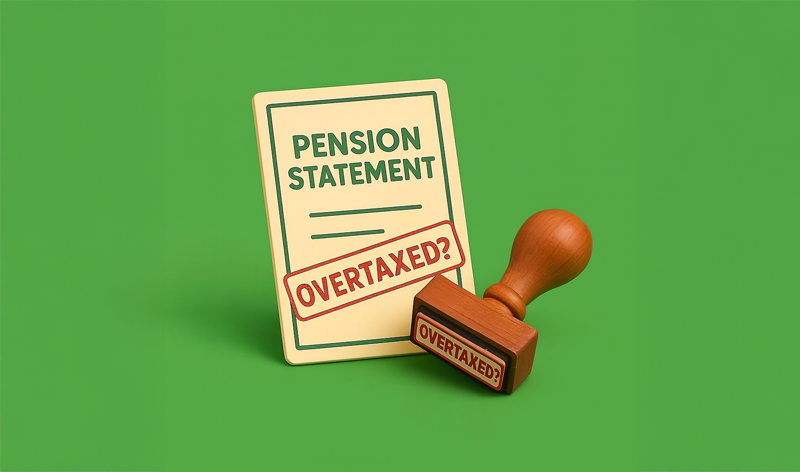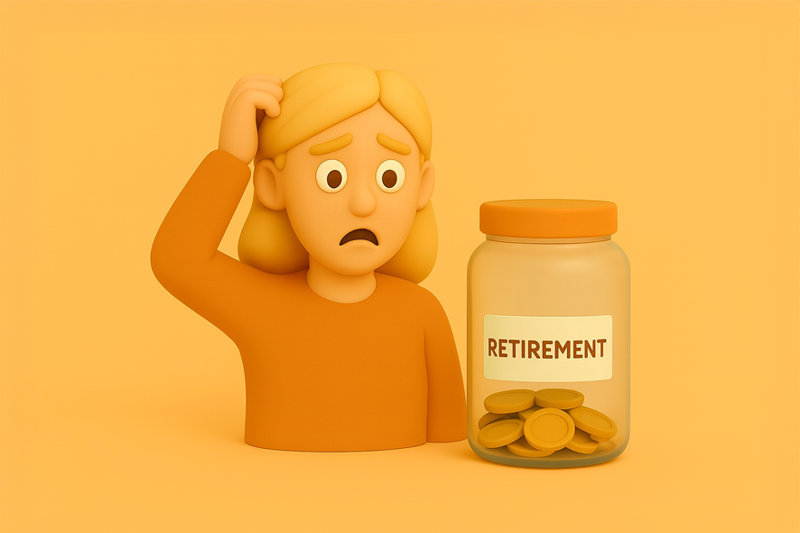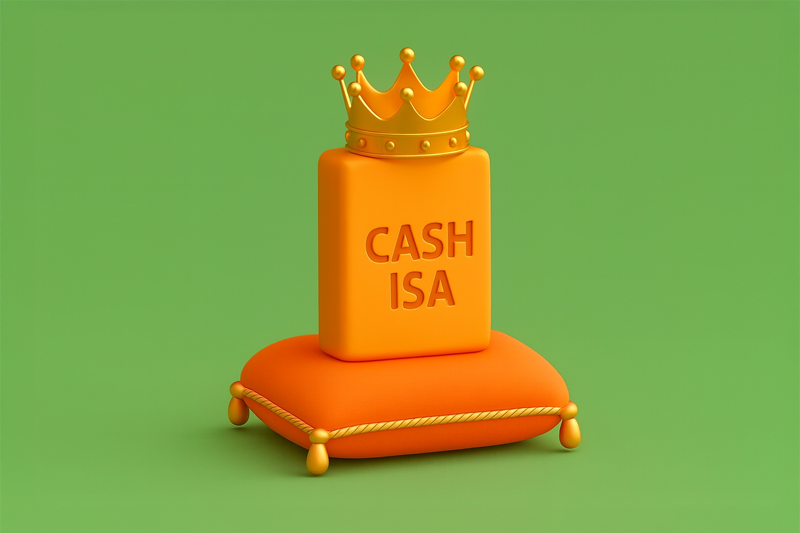
Top Story

THAT’S POTTY: 500,000 PEOPLE OVERTAXED ON THEIR PENSIONS
The number of people who have had to reclaim overpaid tax on their pensions has surpassed half a million, according to pensions consultancy Lane Clark and Peacock.
What’s the issue? When you first take money out of your pension (we’re talking about ‘defined contribution’ pension pots, where you save up money for retirement), you’re often put on an emergency tax code.
This assumes that you will make regular or large withdrawals throughout the rest of the year, even if you don’t intend to. As a result, many people end up being overtaxed.
If this happens to you, you have one of two choices: either wait until the end of the tax year, when HMRC will realise you’ve overpaid, or, you can claim the money back yourself sooner.
🤨Our view: This system is bonkers and outdated, quite frankly. Placing the burden on pensioners to claim back their own money – or wait up to a year – because HMRC has made incorrect assumptions about their future withdrawals clearly makes no sense, and prioritises convenience for HMRC over the taxpayer.
💡What you should do about it: If you have recently started withdrawing from your pension (or your parent, grandparent or other loved one!), you can take action now to check if you have been overtaxed and claim the money back.
You can check your tax code in your Government Gateway account (online via gov.uk website), by logging into the HMRC app, or HMRC should send you a letter with your tax code, too. If your tax code ends ‘M1’, that means your pension withdrawal was emergency taxed.
The Future Pensions Crisis… And How To Avoid It

Millions of people are marching towards retirement with way too little money saved, in what experts are calling a future pensions crisis.
The self-employed are particularly at risk of under-saving. New government research has found that more than three million self-employed people are not saving into any pension.
The good news is, there is action you can take NOW. Here are some of our top tips to boost your retirement pot…
- Get free cash via ‘pension tax relief’
When you pay into a pension, the government tops up your contributions. This is known as ‘pension tax relief’. For every £100 a basic rate taxpayer puts in, the government boosts it by £25.
If you save somewhere else that isn’t a pension, you miss out on this free cash, so make sure you’re contributing to benefit from those top-ups. The more you contribute, the more free cash you’ll get.
- Consolidate your pensions to a lower-charging pot
If you’ve had a lot of jobs, the chances are you have several pension pots knocking around. If any of these are over 10 years old, you might be paying a higher fee than you could get now.
Pension charges eat into your savings, but you can move your old pensions to a newer scheme charging lower fees. This could save you thousands of pounds in the long run.
Open your new pension and ask to transfer your old pension in. We have a free pension tracing service to find your old pensions – and all you need are your name and address.
- Make sure your investments are performing well
When you save into a pension, your money is invested on your behalf. But not every workplace pension fund is the same, and some perform better than others.
You can usually change the fund your pension is in, but unless you do that, your money will be put in a ‘default’ fund, and these often don’t perform that well.
We’ve analysed all of the workplace pension funds out there (yes, really!) so you can compare yours against others to check if it’s performing well or not. Moving to a better-performing fund could boost your pension by thousands of pounds over time.
It’s Not Over for Cash ISAs

All the talk of Rachel Reeves messing with the cash ISA allowance didn’t deter savers – in fact, it has actually boosted the savings product’s popularity!
£3.6 billion was piled into cash ISAs in June, the Bank of England said earlier this week.
Cash ISAs are a great way for people to save who are likely to exceed their personal savings allowance (£1,000 for basic rate taxpayers, £500 for higher earners), but not all cash ISAs are the same. Some pay considerably better rates than others.
The latest inflation rate was 3.6% – that means you want your savings account to be paying more than this so your money isn’t effectively losing spending power.
We’ve rounded up the best cash ISA rates – consider opening a top-paying account or switching to a better rate to make your money work harder for you.
Deal Of The Week 💵
Savings rates have been gradually falling over the past few months – but one high street bank is paying a whopping 6% interest on one of its savings accounts.
Santander’s Edge account pays 6% annual interest on balances up to £4,000 for the first year – and there’s still a competitive 4.55% rate after that.
The catch: You need a Santander Edge account, which comes with a £3 monthly fee.
The target audience: A good choice for those getting started with saving who are likely to save consistently.
Read our past editions…
Your Questions Answered
We’re keen to answer any and all of your burning finance questions – drop us a message to info@teamnda.co.uk and we may feature your query with our response in our next newsletter.
We want your feedback! Get in touch with what you like and what you want to see in future.
________________________________________________





 Tiktok
Tiktok LinkedIn
LinkedIn Website
Website


